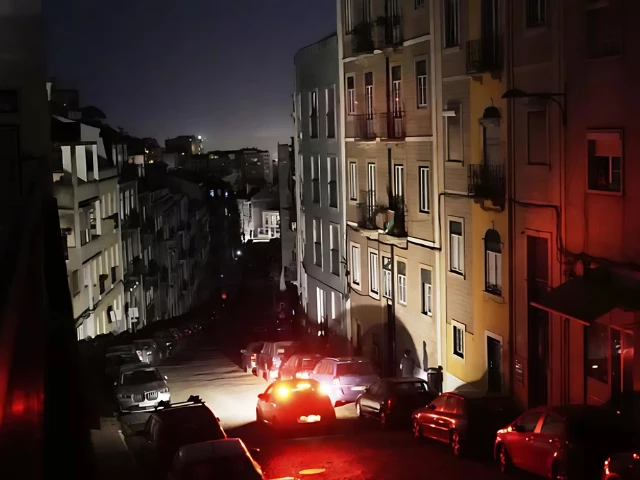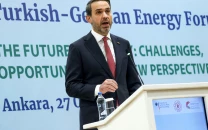Spain and Portugal power outage being investigated as potential terror attack
Spain and Portugal restore power after a historic blackout; investigations continue into the cause and future risks.

Spain and Portugal have restored power after suffering the worst blackout in their history, though authorities have yet to fully explain the cause or offer assurances against future disruptions.
Traffic lights, metro services and schools gradually resumed normal operations on Tuesday, as commuters faced delays and businesses assessed damages.
Monday’s sudden outage caused the equivalent of 60% of Spain’s power demand to disappear within five seconds, leaving people stranded in lifts, cutting phone lines, and forcing emergency measures across the country.
Spanish grid operator Red Eléctrica (REE) ruled out a cyber attack but admitted two incidents of generation loss, likely from solar plants in the southwest, triggered the system failure.
Prime Minister Pedro Sánchez said no hypothesis had been dismissed, with Spain’s High Court launching an investigation into possible terrorist involvement.
“We must not rush to conclusions and commit errors through haste,” Sánchez said on Tuesday. “We will find out what happened in those five seconds.”
REE said the power failure disrupted Spain’s interconnection with France.
The country, a leader in renewable energy, faced renewed scrutiny over the stability of a grid heavily reliant on intermittent solar and wind energy with limited battery storage.
Investment bank RBC estimated the blackout’s economic cost between €2.25 billion and €4.5 billion, criticising the Spanish government’s infrastructure complacency.
A state of emergency was declared across several Spanish regions, deploying 30,000 police officers. In Madrid, stranded commuters slept at venues like the Movistar Arena, while Red Cross workers distributed blankets at Atocha station.
Businesses such as Granja Isabel bar in Barcelona faced significant losses after fridges and freezers were offline for over eight hours.
“We’re scared it will go bad... We don’t know if the insurance will cover it,” said owner Maria Luisa Piñol.
In Portugal, hospitals, airports, and metro services resumed, though delays persisted in Lisbon.
Experts noted that modern energy systems can be vulnerable when combining intermittent renewable sources with traditional gas and nuclear plants.
Professor Victor Becerra of the University of Portsmouth explained that a major failure in one area can trigger protective shutdowns elsewhere.
Sánchez rejected the notion that reliance on renewables caused the collapse, highlighting that Spain’s nuclear plants had also failed to resume operations.
“What happened yesterday was an exceptional event in normal, everyday circumstances,” he said.



















COMMENTS
Comments are moderated and generally will be posted if they are on-topic and not abusive.
For more information, please see our Comments FAQ